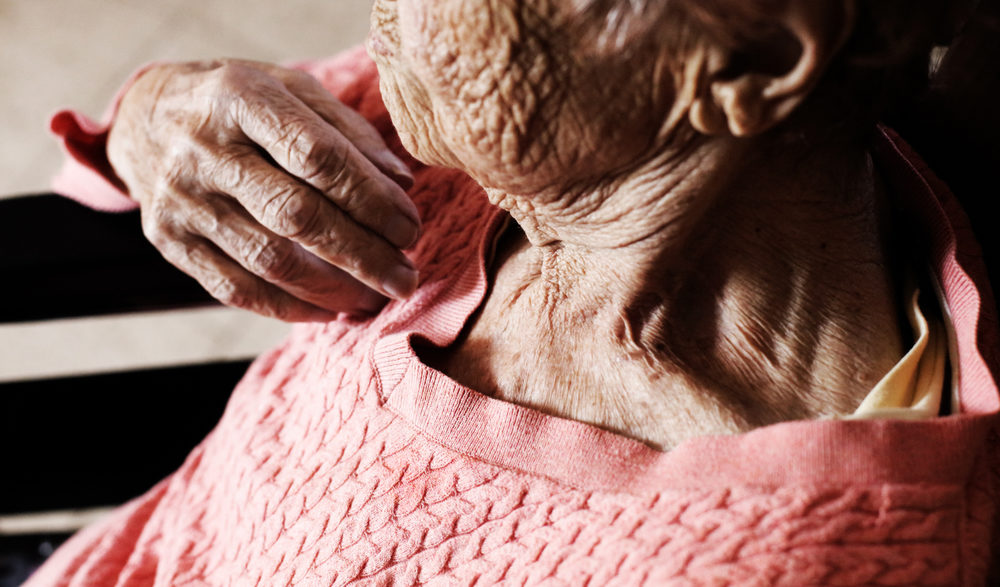
Choosing a nursing home for an elderly loved one is a serious decision. More than half of nursing home residents have some form of dementia, making it difficult for them to communicate coherently with other people. You must trust that the long-term facility you pick has the best interests of its residents in mind. Even a nursing home with good reviews might act negligently, and the risks have only increased since the start of the COVID-19 pandemic. Nursing homes are a hotspot for disease spread, and they aren’t always fully honest about the impact.
Earlier this year, the West Virginia Department of Health and Human Resources found that health care facilities failed to report 168 COVID-19 deaths. A recent investigation from The New York Times found that some nursing homes wrongly diagnose dementia patients with schizophrenia to justify administering powerful antipsychotic drugs that act as sedatives.
Unfortunately, some facilities have no problem misbehaving. Caring for an ill family member while also searching for the right nursing home can be extraordinarily difficult. Knowing which questions to ask can make it easier.
- Is the facility certified by Medicaid? Nursing homes that accept Medicaid payments are licensed by their respective states and subject to federal inspections. They must meet specific standards of care, which provides more accountability.
- What is the patient-to-staff ratio? Understaffing is one of the most common reasons for mistreatment in nursing homes. There’s no federal staffing rule except for a law that dictates a nurse must be on duty for eight hours a day, along with evenings and overnights. Try to find a facility that goes above the bare minimum.
- How do staff members interact with patients? While on a tour of the nursing home facility, pay attention to how staff members interact with the residents. Do they address them by name? Are they warm and friendly? If not, it could be a red flag.
- How is the atmosphere? A facility should be well-kept with good lighting and attractive furniture. Both common areas and individual rooms should be clean. Residents should have activities like workouts, music activities, reading, and regular outings for fresh air.
- Do residents have decision-making capabilities? If your loved ones can no longer make choices for themselves, you will stand in as a surrogate decision-maker. If they can still answer questions and express opinions about their care, ask the facility whether they will be involved in day-to-day choices.
- What happens in case of an emergency? In case of a medical emergency, the nursing home should have an arrangement with a nearby hospital. An attending physician should be available to provide immediate care, and the facility should inform you if something goes wrong.
Along with these questions, you can use Medicare’s official nursing home comparison tool to find more information about the facilities you’re considering. The website provides information about each nursing home’s staff and resident vaccination rates, along with any relevant health and safety citations. You can also see how they are rated for staffing, health inspections, and quality of resident care. Once you have a top contender and have taken a tour, visit a second time. It’s a good idea to interact with as many staff members as possible before making a decision.
Signs of Nursing Home Abuse
Once you’ve found a safe nursing home, it’s essential to know the types of abuse so that you’re aware of potential warning signs. The most common form of nursing home abuse is neglect, which usually happens because of understaffing or inadequate training. It might look like bedsores and infections due to not being cared for frequently or poor hygiene because there’s no one to help a resident bathe.
Other forms of abuse are, unfortunately, intentional. Emotional, physical, and sexual abuse happen regularly at nursing homes, and older people are especially susceptible to financial abuse.
Every state handles elderly abuse reports differently. If you believe that an adult at a nursing home facility is being mistreated or abused, you should report the situation to Adult Protective Services (APS) as soon as you can. If you’re in Washington, D.C., you can call 202-541-3950 at any time. In West Virginia, call 800-352-6513 to make the report. From there, APS will investigate your claim and take further action if they deem it necessary.
If a family member has experienced some form of nursing home abuse, there may be additional legal options to hold those mistreating your loved one responsible. If you live in the Washington, D.C. or Charleston, West Virginia area and suspect nursing home abuse, Paulson & Nace can help you determine the next steps. Call us at (202) 463-1999 or contact us online.
@thumbnail.jpg)
Both an Emory School of Law graduate and MBA graduate of Goizueta Business School at Emory, Chris Nace focuses his practice on areas of medical malpractice, drug and product liability, motor vehicle accidents, wrongful death, employment discrimination and other negligence and personal injury matters.










Comments for this article are closed.